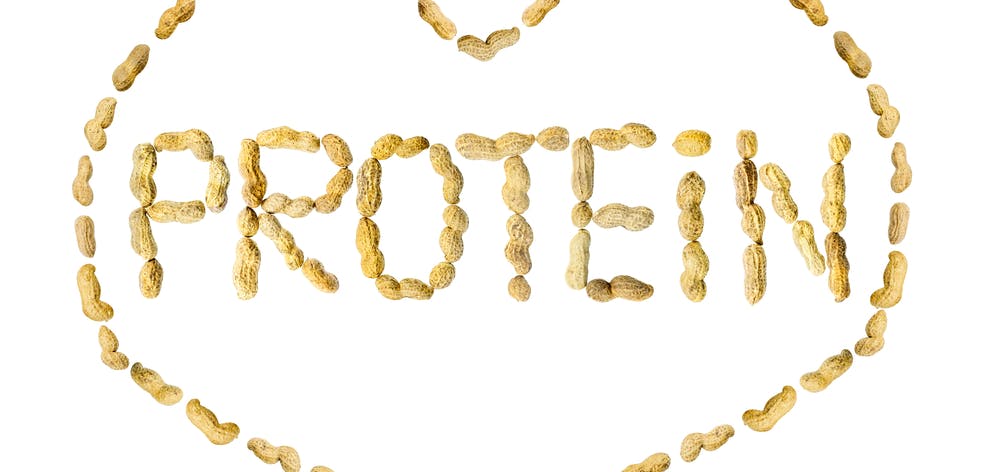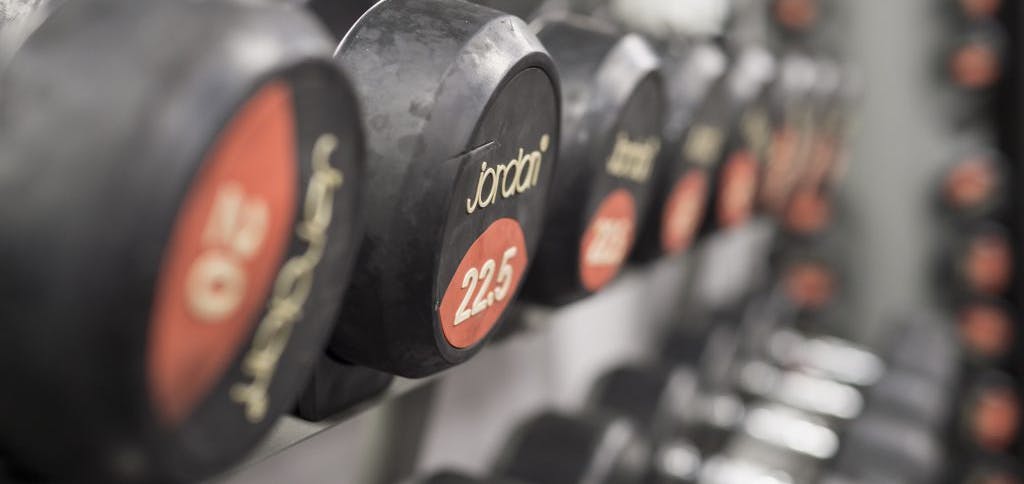Nutrition can be a complex and intimidating thing to tackle and understand. Put simply - the body needs energy to maintain life. It has to repair itself daily, grow through childhood, allow movement day to day. There are 3 essential things that make this happen. Oxygen, water, and the big one….FOOD. Water and food come under the same category, nutrition, which is in fact totally under our control, and will have a direct effect on our bodyweight/fat storage. In this 3 part mini-series, we are going to break down one part of nutrition, and it’s a biggie. We are going to have a look at macronutrients and gain some understanding on how we can use these to aid our body goals.
What exactly are macronutrients then? Well firstly, let’s look at nutrient groups as a whole. In total, there are 5 nutrient groups, which is further split into macro and micronutrients. For now, we will solely look at the macro side of things, which leaves us 3. These are protein, carbohydrates, and fat. In terms of micronutrients, we have vitamins and minerals, but we will look at those another day.
Before we look at each macro separately, let’s be clear. All the macros cover the same basic bases. They are used within the body for fuel, for function, and for structure, and are needed in much larger quantities than micronutrients. These are what most people take into consideration when deciding whether a food is to be classified as “healthy” or not. For a long time, fat was painted as the bad guy when it comes to body weight issues. This has since shifted to carbs, and now even protein seems to be misunderstood. The truth is, there are good carbs and bad ones, same goes for fat and protein. There’s a lot of information out there, and a lot of it is contradictory stuff from different people. So let’s keep it pretty simple then and look at the facts. Let’s explore each macro and find out what it's really all about. First up then, for part one, the spotlight is on….protein.
Protein
In my opinion, if you want to lose weight, tone up, or in general look better and healthier, protein is the most important nutrient there is. It will boost your metabolism, meaning you burn more calories at rest, as well as reduce your appetite (making you less likely to consume extra calories). On top of this, it plays a part in controlling a few weight-regulating hormones, which is vital. It can be used as an energy source, but its primary functions are maintaining, repairing and producing tissue. In terms of structure, it is vital to the body's framework. Muscle tissue, collagen (present in the bone and connective tissue), keratin (present in the skin) - this is all down to types of protein. Its effect on anabolism (simply put, the process of building in the body) is massive. Proteins are a huge part of most cell structures, so when the body is in its anabolic phase (essentially rest and recovery), having enough protein in your diet is vital.
A quick note in terms of its use as fuel before we delve to deeply into things. Although not its main function, protein does become important during endurance training or periods of fasting. It will, if needed, be converted to glucose, fatty acids, or ketones, which in turn produce energy. In such cases then, it’s pretty useful!
Ok, let’s take a quick look at the science of what protein actually is in order to further our understanding of why/what we should be looking for in terms of protein in our food. Firstly, it’s made from something called amino acids, with each protein built up using various combinations of these (there are 20 amino acids in total). These amino acids are joined together by plant and animal cells to form peptides, in turn creating chains of amino acids. These, when a chain of amino acids becomes 100 or more, or when two or more polypeptide chains combine and form specific shapes, become proteins (still with me?). The shape of the protein then dictates what it does in the body. The reason I’m telling you this is because which amino acids form a protein is important, and it is vital you are getting them all (stay with me here, I know the science is boring).
When it comes to what we eat, it’s important you consume enough complete proteins. What do I mean by this? Essentially, of the 20 amino acids, 9 are known as “essential”. These 9 cannot be produced by the body itself, unlike the other 11. Once enough of these essentials have been ingested, however, we can synthesise the rest of the amino acids ourselves. A complete protein, therefore, is any food that contains enough of all nine essential amino acids to allow us to synthesise the rest. You can see why this is pretty important now, right?
Mostly these complete proteins are to be found in animal-based foods – meat, poultry, eggs, fish, dairy etc. However (don’t panic vegetarians), complete proteins can also be found in some plant-based sources, quinoa and buckwheat being the best examples. Most plants, however, have “incomplete” proteins (vegetables, grains, pulses etc), meaning they are of a lower biological value than animal sources.
Here’s a quick tip for vegetarians before we move on – some of these incomplete proteins can be combined to get all of your essential amino acids. Let’s call these “complimentary” proteins. There are of course a lot more carbs and lower protein in these foods, but I would still recommend it to anyone on a no-meat diet (or even those who struggle to eat enough meat). Try combining pulses with rice or grains, and vegetables with seeds or nuts. This should get you enough of the 9 essential amino acids.
I think that’s enough science for now. The last question regarding protein then, is how much should we consume? Unfortunately, there is no one-size-fits-all answer here. Age, weight, body fat, and activity level – these all play a massive part in dictating how much you should ingest. I’ve always had one rule for myself, whether trying to cut weight, maintain weight or even add a little on. I take my body weight in Kg, double it, and consume that many grams of protein per day. Eg if I weigh 74kg, I will aim to eat at least 148 grams of protein per day. From here, I play around with the amount of other nutrients I consume depending on that day’s activities and my current training goals. This rule has always worked for me (20s, active, male), but might not necessarily work for somebody else.
If you’re looking for a basic place to start, I’d recommend you look to consume around 30% of your total daily calories as protein, as this has proven to be effective for weight loss (assuming your total calories is not huge). Remember, just like any nutrient, excess protein will still be converted and stored as fat.
One final tip on protein – spread your intake over the day rather than having one protein-heavy meal. This helps regulate and stabilise the weight-regulating hormones I touched upon earlier.
Well, that’s more than enough info on what protein actually is and why it’s essential to the body (and why you need to make sure you are consuming enough!). Next time we’ll be taking a look at the modern-day villain of nutrition, according to many….the carbohydrate!





